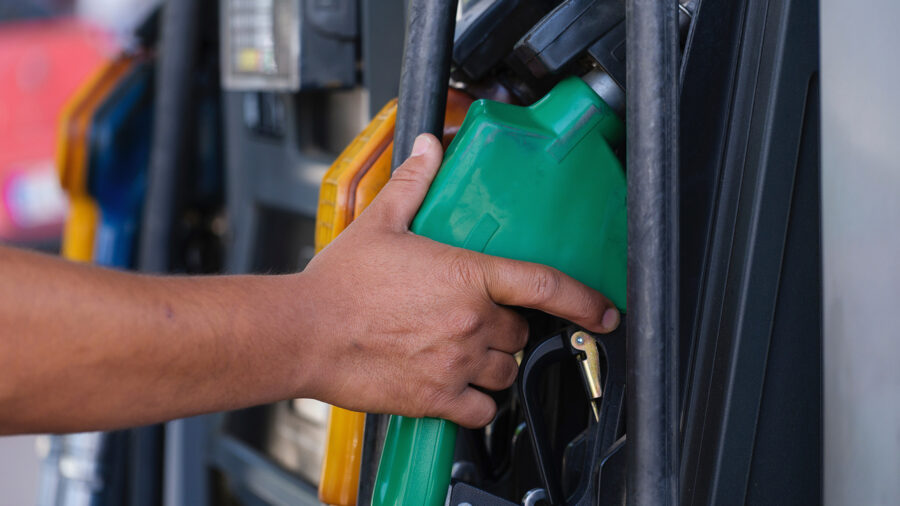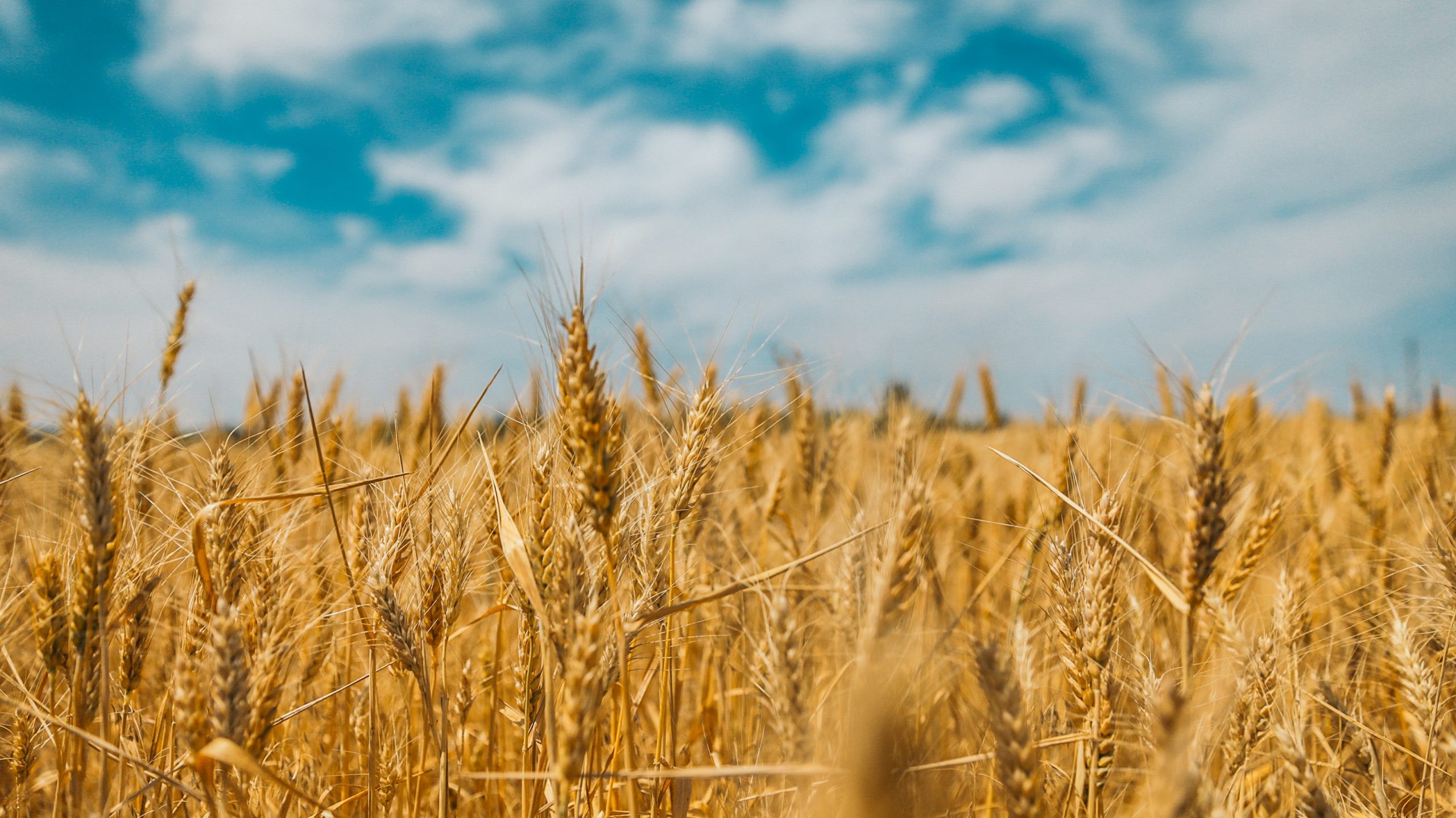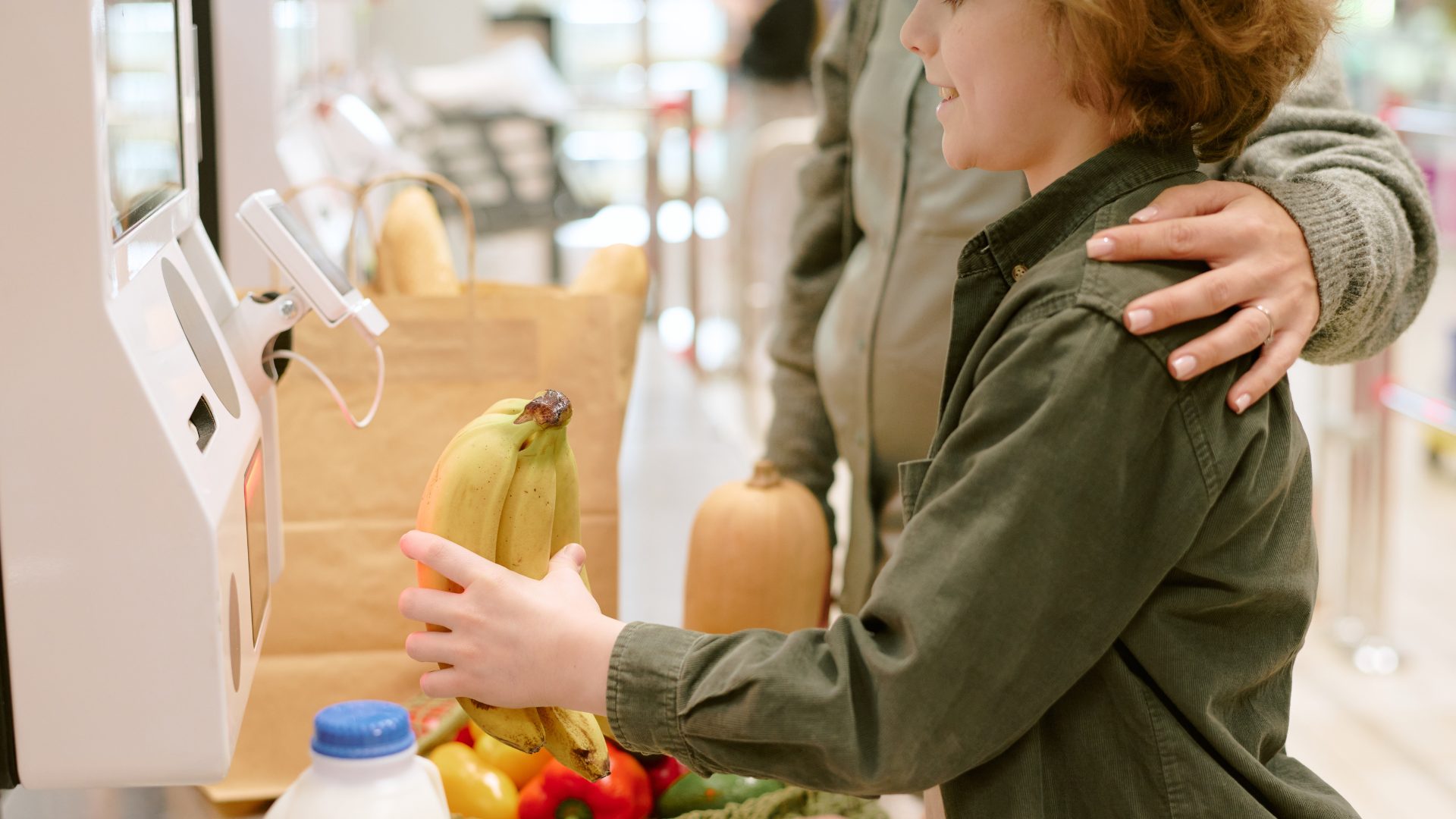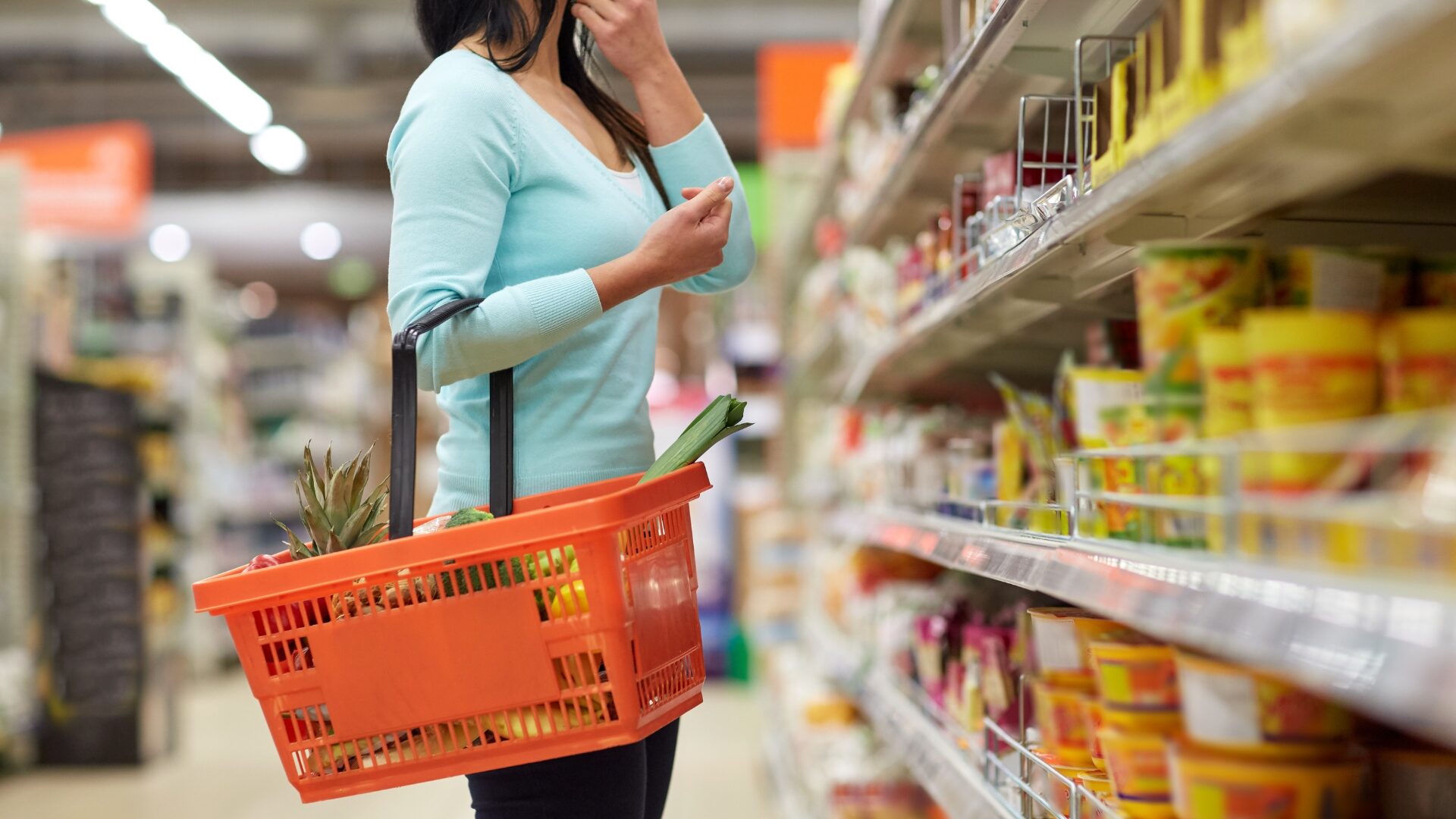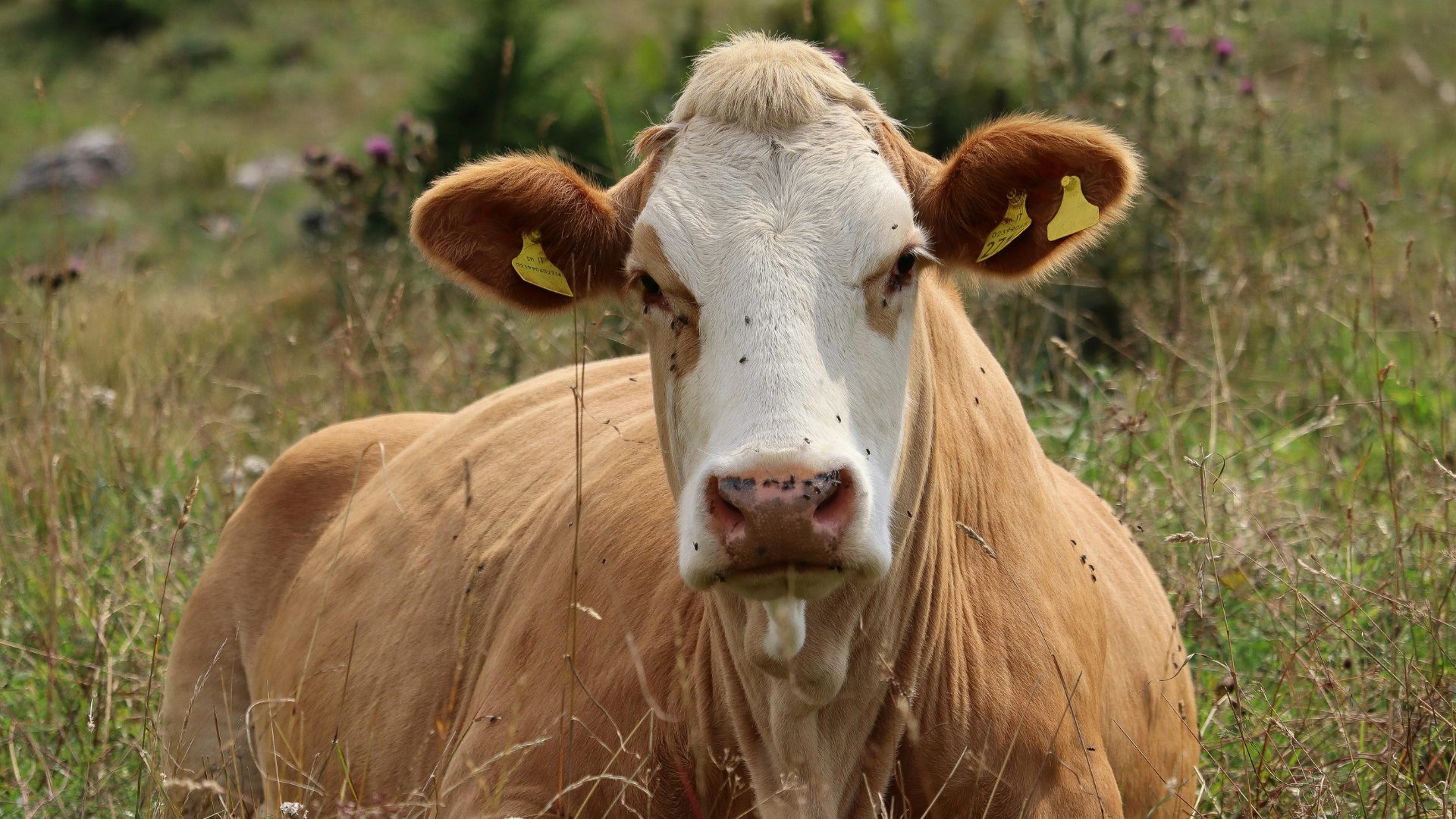The well-documented diesel shortage in America is understandably causing concern across the country. But to what extent is the shortage cause for alarm for farmers and consumers alike? Opinions vary.
From the pandemic, to the war in Ukraine, to the state of refineries, there are a multitude of reasons driving the diesel shortage; Business Insider recently reported on the particulars.
A shortage of diesel fuel coupled with inflation is never a preferable combination, and it’s not just the transportation of goods that are a concern.
Dwindling stockpiles of diesel have driven prices to a record premium over gasoline and crude oil. Diesel has climbed 50% this year to $5.36 per gallon, with the gap between it and gas rising to a high of $1.60 per gallon, reported The Wall Street Journal.
To better understand the ramifications of the shortage to farmers, The Food Institute spoke to Allen Schaeffer, the executive director of the Diesel Technology Forum, a not-for profit educational organization of global leaders in advanced diesel engine, equipment, and fuels technology.
Schaeffer noted: “Those farms focused on row crops – corn, soy, beets, sorghum, grains, etcetera – all typically are grown over larger acreage and require more tractor time and tending – planting, application of herbicides/pesticides and harvesting all mean more tractor passes in the field, and therefore have generally higher diesel fuel consumption as compared to a dairy farm, or a livestock operation for example.
“Specialty crops like cotton, garlic, nuts etcetera generally have smaller acreages and/or less tractor time, so these would be among the least affected I would imagine,” added Schaeffer, who added further analysis on the topic in a recent post for the Diesel Technology Forum.
This is a big issue for farmers, since their cost of doing business has gone up while profit margin is going down, since consumers are forced to spend less. It directly effects their pockets.
Irina Tsukerman, president of Scarab Rising as well as a business and geopolitical analyst, shed light on what consumers can expect to pay more for amid the diesel shortage.
“The biggest issue is going to be anything grain based, such as bread and baked goods, due to the double impact of the grain crisis and overall increased demand,” Tsukerman said. “And any perishable goods such as meats, dairy, eggs, and perishable types of fruits and vegetables that need to be transported across long distances.
“Refrigerated trucks have higher costs and limited supply,” she added. “However, given that most products need to be distributed at least some distance, expect prices to go up at least somewhat on all items.”


